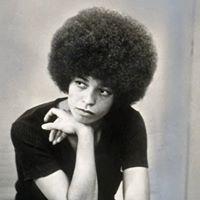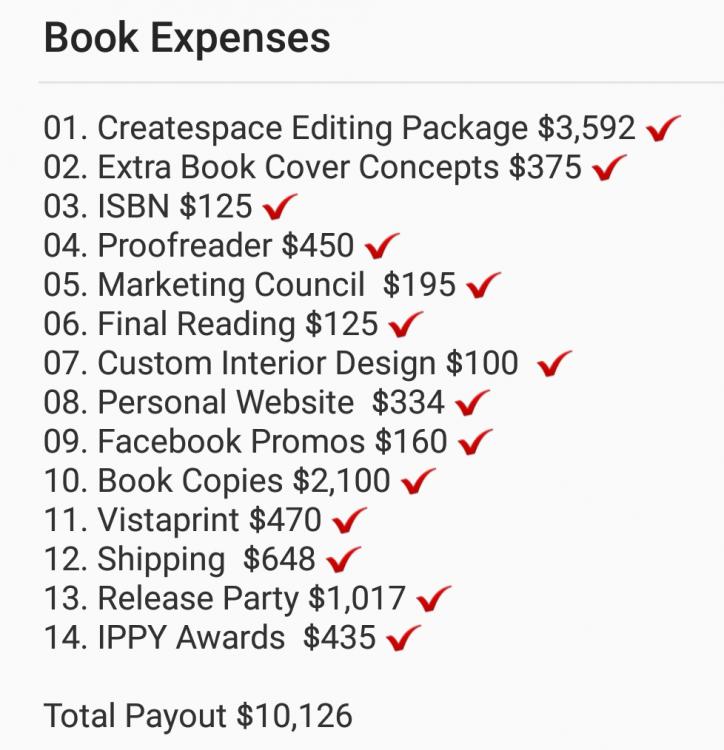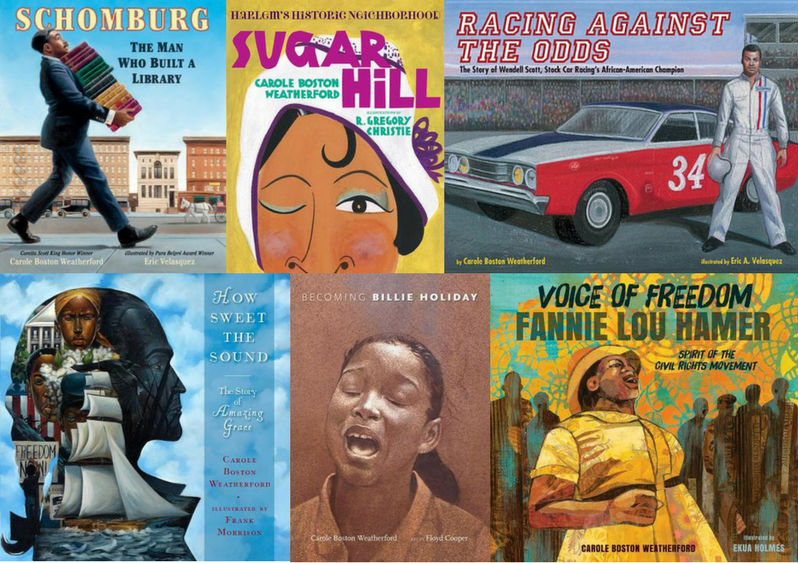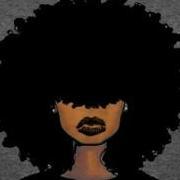Leaderboard
Popular Content
Showing content with the highest reputation on 03/12/2018 in all areas
-
Lexus' Genius Product Placement in Marvel's Black Panther Movie Highlights Growing Influence of African Americans' Buying Power ROCKVILLE, Md., March 9, 2018 /PRNewswire/ -- African Americans continue to have a supersized influence on the U.S. economy. By 2020 African Americans are projected to have a buying power of $1.5 trillion with a cumulative growth of 16% and a compound annual growth rate of 3% from 2015-2020, according to market research firm Packaged Facts in the report African-Americans: Demographic and Consumer Spending Trends, 10th Edition. Skeptics about the cohort's financial clout have to look no further than the recent success of the 2018 blockbuster Marvel superhero movie Black Panther, which has enjoyed record shattering returns and which to date has grossed more than $900 million globally. The film was a surefire success almost from its creative inception and official announcement four years ago as the news sent a simmering excitement through a black community starved for more minority representation in comic book movies. While Disney's Marvel Studios cheered the film's success, so too did car maker Lexus. Movie goers got a look at Lexus' new luxury LC coupe which is featured prominently in a major chase scene through the streets of South Korea. The scene marked two years of collaboration between Lexus and Marvel Studios. Packaged Facts' research revealed that product placement in movies and television shows resonates with African-American consumers. For example, black consumers are more likely to remember the brand name product characters use in a movie and try products they have never tried before that they have seen in a movie. Seeing a product used in a movie is also more likely to reassure black consumers that the product is a good one. Furthermore, when African-American consumers are online or in a store and see a brand name product they recognize from a movie, they are more likely to buy it than its competitor. Car manufacturers featuring their vehicles in comic book movies isn't anything new. However, as AutoNews.com states in an article, Lexus' multicultural marketing agency, Walton Isaacson, openly admits that the idea to for collaboration and product placement in Black Panther represented an opportunity to link the car maker with a cultural event. In addition to the product placement in film, Lexus leading up to the Black Panther release commissioned an original graphic novel, Black Panther: Soul of a Machine, featuring the LC 500 and a Lexus takumimaster craftsman as heroes. And don't forget the Black Panther-themed Super Bowl ad for Lexus. In the end it proved to be a shrewd strategy for Lexus. AutoNews.com reveals that there was "an explosion" of ad impressions across TV, social media, and in theater due to the film and the product tie-in. Further, in the week following Black Panther's domestic premiere on February 16, online searches for Lexus at shopping site Autotrader were up 15% from the previous week. Likewise, Autotrader revealed that online traffic for the LC 500 specifically was up 10%. It's impossible to say how many of these searches were performed by African Americans, However, based on Packaged Facts' previously referenced research on the impact of product placement on African Americans combined with the fact that Lexus is already popular with minority consumers, it's fair to deduce at least a portion of the searches were by black shoppers. Packaged Facts' data also revealed that African Americans are among the biggest car buyers in America. Between 2012 and 2015 spending by African-American consumers on new cars and trucks increased from $13 billion to $20 billion. Further, the 51% increase in spending by black households on new automotive vehicles significantly outpaced the 27% increase registered by other households. But it's not just new cars that get lots of love. Spending by African-Americans on used cars and trucks grew more than twice as fast as comparable expenditures by other consumers. About the Report African-Americans: Demographic and Consumer Spending Trends, 10th Edition analyzes recent consumer spending and demographic trends for the African-American population in the United States. View additional information about the report, including purchase options, the abstract, table of contents, and related reports at Packaged Facts' website: https://www.packagedfacts.com/African-Americans-Demographic-10293172/. About Packaged Facts Packaged Facts, a division of MarketResearch.com, publishes market intelligence on a wide range of consumer market topics, including consumer demographics and shopper insights, consumer financial products and services, consumer goods and retailing, consumer packaged goods, and pet products and services. Packaged Facts also offers a full range of custom research services. For more essential insights from Packaged Facts be sure to follow us on Twitter and Google+. For infographics, tables, charts and other visuals, follow Packaged Facts on Pinterest. Please link any media references to our reports or data to https://www.packagedfacts.com/. Press Contact: Daniel Granderson 240.747.3000 dgranderson@marketresearch.com View original content with multimedia:http://www.prnewswire.com/news-releases/lexus-genius-product-placement-in-marvels-black-panther-movie-highlights-growing-influence-of-african-americans-buying-power-300611592.html SOURCE Packaged Facts2 points
-
Supporting this movie is first and foremost putting money in the hands of the white film industry. None of the prosperity spawned by a fantasy movie based on comic book characters is going to trickle down to blacks. Since the country where it takes place is Africa, not America and since the people in it, with the superficial exception of having similar skin tones, do not come across as black Americans, then what redeeming value does it really have? This movie should be labeled for what it is. A money-making escapist film which, while entertaining, has no relevance when it comes to reality.2 points
-
Self-publishing your book is an investment and you should treat it as such. This means before you sit down to write, you need to decide on what path will you take once the novel is complete. So many new authors get overwhelmed by the process because they went in without some sort of plan. They didn't take a class or attend any kind of writing conference so they were screwed from the word go. Now what I am about to tell you is just my EXPERIENCE... so take from what you will and please don'twaste your breath telling me I should be done. Everybody's path is not the same even when everyone is walking the same road. Here are a few things I paid for. And please note that I have made 11k off of this book before I entered it into Kindle Unlimited. 1. The first thing you should get, while you writing is beta readers. Between 4 to 8 of them. People you can trust and most importantly people that read your genre. This should coat you nothing. 2. After the novel is finished it's time for step two. You love the book; you'e beta readers love the book. Now it's time to hire editing. The price here is based off of the the length of your manuscript and on how much work you feel needs done to your story to make it as perfect as possible. For example: I didn't know how to read until I was 10-years old so I suck at grammar. Really, really, suck at it. So I attacked the problem with 2 rounds of professional editing and 3 rounds of aggessive proof reading. Cost: $3,335 S/N: being my first rodeo I hired Createspace to help me put a lot miscellaneous stuff together. a. Book Cover $734 ($375 of this my screw up) b. Interior design $324 c. LCCN (Library of Congress Control Number) $25 3. The one thing I wish I had more money to spend on was marketing. In my opinion, for my company to have made a major dent like the big boy, I would've had to spend about 10k on marketing. Hopefully this helps a little1 point
-
Here is a link with specific ways to unhook yourself from Amazon's tentacles. Remember, besides all the damage "A" has done to the book business, the company also allows the NRA to broadcast its wares. https://lifehacker.com/how-to-stop-giving-amazon-your-money-1823468097 Please let me know how this works for you. I was never hooked in, so I don't have to unhook, but I am on Goodreads, which is owned by Amazon.1 point
-
Re: this sentiment It's a choice. And it absolutely explains why some in the black community choose escapism.1 point
-
Carole Boston Weatherford has teamed up with many brilliant illustrators including, Frank Morrison, Eric Velasquez, Ekua Holmes, R. Gregory Christie, Floyd Cooper, and more, to create some terrific books for children. Often you don't see these books -- even the in major bookstores, which historically made these books effectively nonexistent were it not for the web. Some of these titles win children's book awards and gain some level of success and prominence, but still readers seem to be under the impress that there aren't very many Black book being produced. The issue s really one of awareness rather than supply. #readingblack1 point
-
Well this is something you can't generalize about. Specifically, what effect did all of the institutions you referred to have on Science?1 point
-
Maybe we aalbc writers can submit something to them? a compilation, views to the latino vistas para o latino from black anglo writers? https://blackwomenofbrazil.co/2018/03/11/aimed-exclusively-at-contemporary-black-authors-male-publisher-aims-to-make-afro-brazilian-literature-available-in-a-book-market-that-has-long-ignored-it/ source article https://www.editoramale.com/single-post/2016/11/19/Nova-no-mercado-Malê-promove-escritores-afro-brasileiros @Mel Hopkins @Troy1 point
-
Theyare also buying land in Africa and Australia. I would make a distinction between what the government does vs what the citizenry does.1 point
-
While they are kicking Africans out of their republic? That's some stinkin' mess...1 point
-
All three of these points are connected. While it's reported that europeans came armed with guns and bibles to colonize African countries - they didn't have control over their (Africans) minds. Unfortunately, many had succumbed to the ideology of the oppressor instead of powering through the adversity to succeed with their own morals of social justice, way of life and abilities intact. Just like perennials will find their way through the cracks of cement to bloom on the surface, no amount oppression can make one abandoned their morals or belief system. If it does then death is far better for those types. We of African ascent who are here in America obviously had far stronger ancestors than those whose bodies lie at the bottom of the ocean. Edit: To be clear, the story ended for those who are at the bottom of the ocean.1 point
-
The character KIllmonger was written with some depth. While this is good, it is not at all unusual. A good villiams is always developed in such a way as to help the reader, or the theater goers ,understand the characters motivation. I liked Hannibal Lecter in Silence of the Lambs, he was a complete monster but we go to know him -- that and the character was brilliantly portrayed by Anthony Hopkins. I also like the character Khan in Star Trek and many others. But there are great Black character, villains or anti-heros that were just as compelling -- pretty much all of the gangster from The Wire would qualify. One thing that puzzles me about the love affair with The Black Panther film is how crazy we we are over this flick. Wakanda is something some white boys at Marvel made up. Now Black people are talking about this movie uplifting the Black race and it "telling our story." This reactions just tells me how collectively desperate we are for positive images of ourselves... it really is rather pathetic when you think about it...1 point
-
ROFL...There are so many colloquialism out there that communication, comprehension and intent have become blurred. Although some are just plain funny, and have a defined meaning, ie. ‘I laughed my butt off’, others can send a mixed message, ie. ‘Love ya’. Why do we laugh our ‘butts off’? What the ‘H’ does that mean? And what does, Love ya, mean? Is it another way of saying, ‘see ya’, ‘ I love you’, ‘boy you crazy’, ‘Bye Felicia’? How about when I’m called ‘Ma or Mommie’ I have to admit, It’s fresh when the bruthas ask, ‘How you doin Ma/mommie’ But am I misinterpreting the context? Do I look old enough to be your mother, are you flirting? Am I being punked? Lets have some fun. What colloquialisms do you hear/say and please, tell me...what the ‘H...’ does that mean...LOL! Share on my blog. DeeMillerInspired.blogspot.com1 point

.thumb.jpg.afc88dfee9cd2927de0c440601caac13.jpg)
.thumb.jpg.3bf9f25532a7944736ddb02aa1b64269.jpg)





